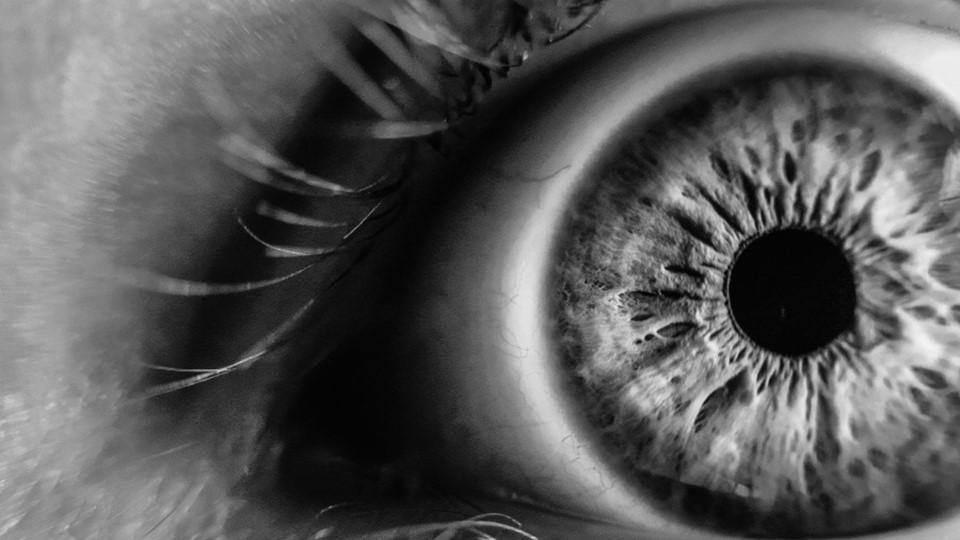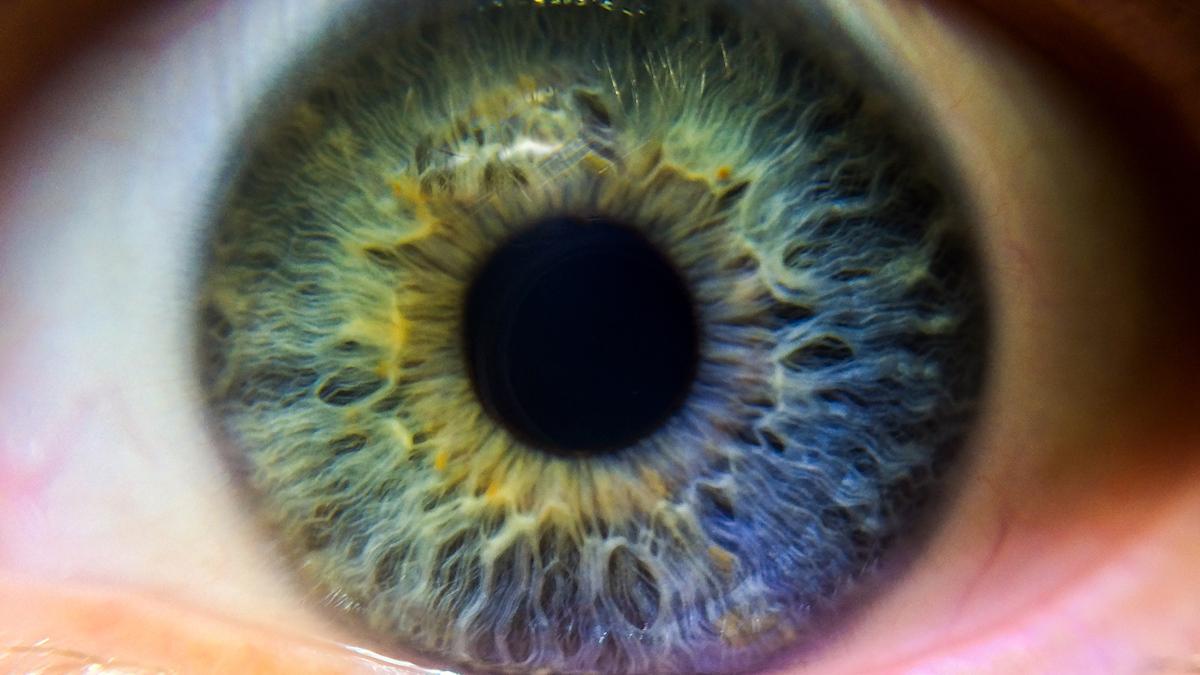After earlier rejection, high-dose Eylea clears FDA

Regeneron and Bayer's efforts to defend their lucrative eye disease therapy Eylea from competition have been boosted by FDA approval of a new high-dose formulation of the drug.
The US regulator has cleared the new 8 mg formulation of Eylea (aflibercept) for patients with wet age-related macular degeneration (AMD), diabetic macular oedema (DME), and diabetic retinopathy (DR), after rejecting the drug in June due to quality control problems at contract manufacturer Catalent.
Those issues have now been resolved, opening the way for the new Eylea approval, as well as the green light for Regeneron's rare disease Veopoz (you can read our story on that approval here).
The high-dose version of the VEGF inhibitor reduces the dosing frequency needed for the drug, which has to be injected into the eyes, without any additional safety issues.
In the pivotal PULSAR and PHOTON trials, it was found to be as effective with either 12- or 16-week dosing as the original 2 mg Eylea formulation, which needs to be injected every eight weeks, in both AMD and DME.
Patients start off with monthly doses for the first three months, followed by injections every eight to 16 weeks for AMD and eight to 12 weeks for DR. Bayer and Regeneron say that most patients are able to be maintained at 12- to 16-week dosing with the new drug.
In an update to the PULSAR trial posted earlier this month, it was shown that 88% of patients were able to extend their dosage to at least 12-week intervals, with 71% of them meeting the criteria for even longer gaps – 47% for 20 or more weeks and 28% for 24 weeks.
Along with greater patient and physician convenience, the new version could help Regeneron and Bayer fend off a deepening challenge from Roche with its bispecific VEGF and Ang-2 inhibitor Vabysmo (faricimab), which has been grabbing market share due to dosing that can be as infrequent as once every four months.
Regeneron reported Eylea sales of $4.7 billion in the first six months of the year - a decline of 4%, with $2.9 billion from that total coming from the US market. Sales of Vabysmo, meanwhile, rocketed more than 500% to over $1.2 billion in the same period, with almost $900 million from the US.
The approval of the new formulation could give Eylea an opportunity to at least get back on parity with Vabysmo on dosing, although Roche recently filed for approval of a third indication – retinal vein occlusion (RVO) – which could open a new area of competition with Eylea and add to its sales momentum if approved.













